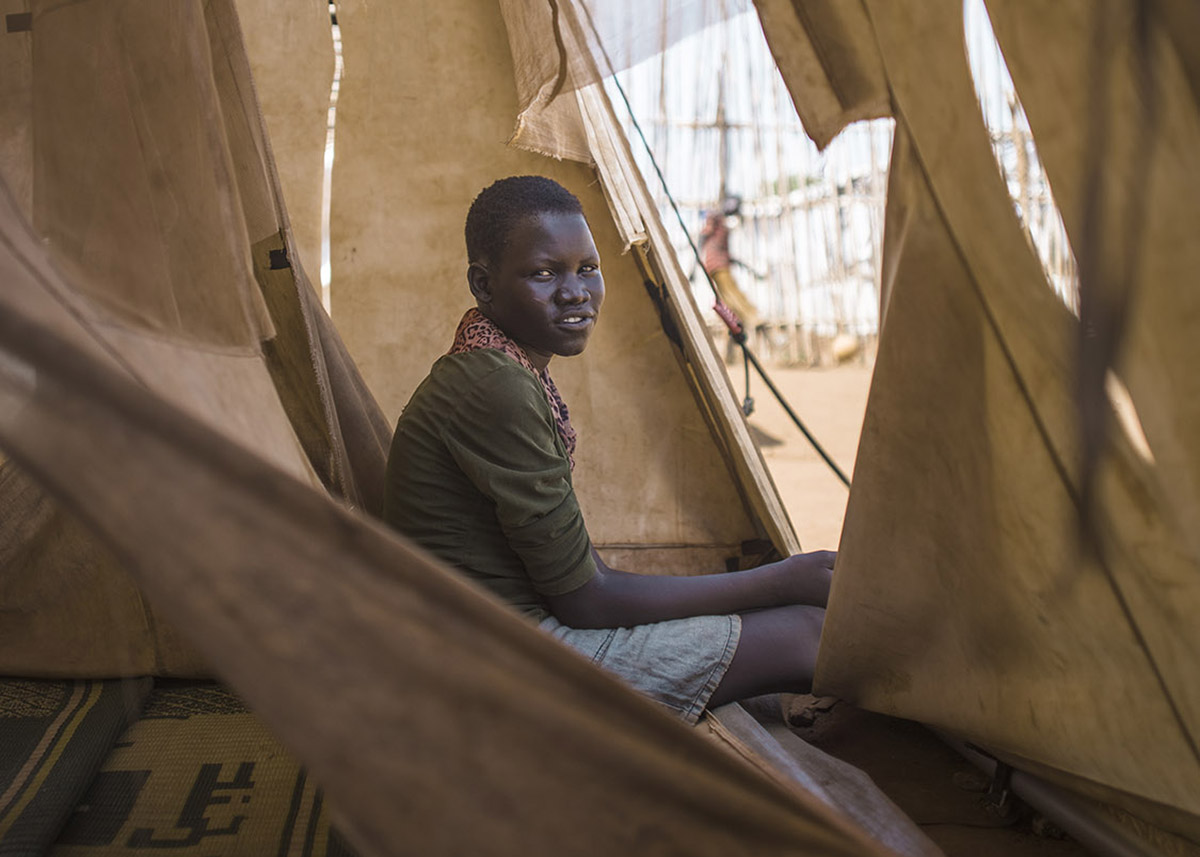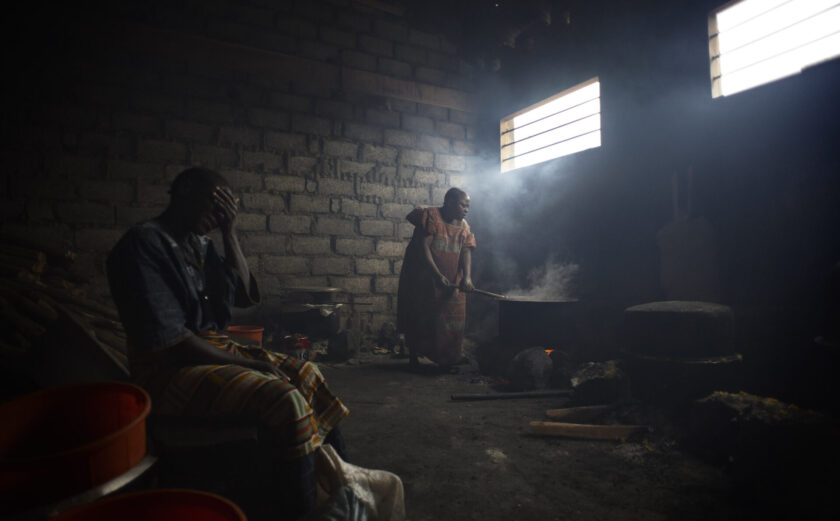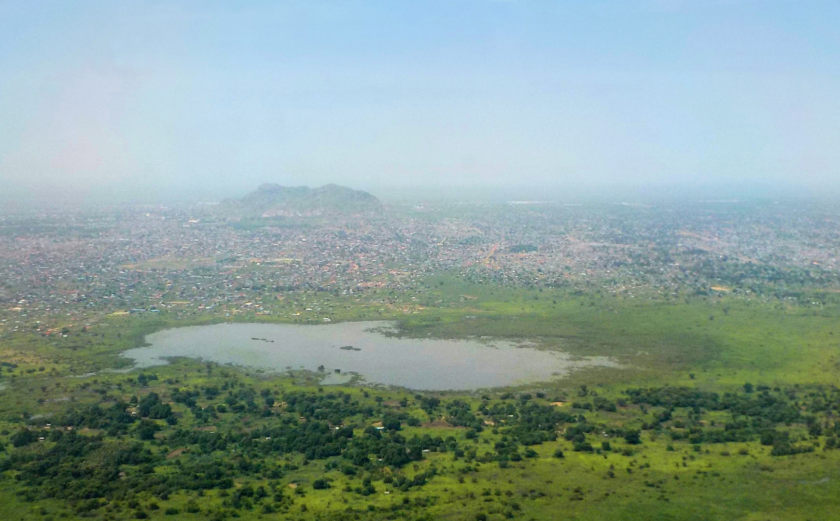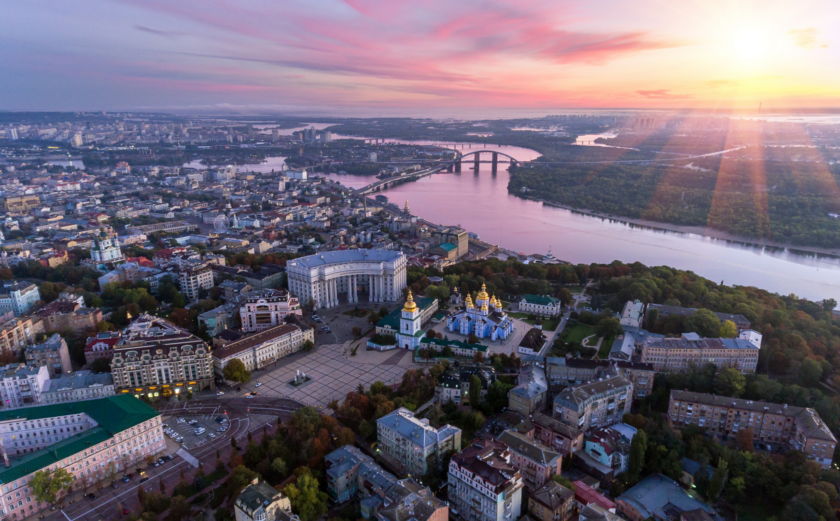
When the Key to Unlocking a Crisis Is in the Fine Print
Part Four of the In The Dark Blog Series
For Omar Yaghi, the only thing that stood between life and death was paperwork.
Specifically, paperwork from Israel certifying that eight-month-old Omar and a guardian could pass from his home in Gaza to a hospital in Israel for an operation.
Baby Omar never made it to the hospital. He died in Gaza, waiting for his paperwork.
For millions of Palestinians who live in areas with poor health facilities, their only access to quality medical care lies in Israel. However, crossing into Israel can be a complicated task, and both Palestine and Israel have placed limitations on which Palestinians may apply and receive exit permits. This summer, the difficulties of crossing the border for medical care increased even further when coordination between Israel and the Palestinian Authority broke down, freezing security cooperation.
This lack of coordination and transparency makes it difficult to estimate just how many people have been directly affected by this breakdown, but local civil society organizations have raised the alarm to stress the dire consequences of the political impasse. As Alaa Amra, whose father Azmi is ill with cancer, told the WHO, “we are trapped and there is no way for us to exit.”
In the humanitarian community, the constraints on Palestinians’ access to critical services are known as a type of ‘undue bureaucratic and administrative impediment’—a regulatory restriction or practice that limits or blocks people’s access to humanitarian services, or that prevent humanitarian actors from reaching people in need. Undue or overly burdensome bureaucratic and administrative impediments can be found in different iterations all over the world, but wherever they exist, you are bound to find stories like Omar’s and Azmi’s.
Generally speaking, bureaucratic and administrative measures related to foreign non-governmental organization (NGO) status in a given country context are important tools that governments use to ensure that they have a healthy and functional civil society sector. For example, one common policy that NGOs and humanitarian actors should and do comply with in humanitarian contexts throughout the world is registering with the authorities and ensuring that any foreign staff possess and maintain legal visas and residency permits.
However, as demonstrated there are cases when bureaucratic impediments can become especially burdensome or problematic for humanitarian reasons. During crises, policies that inadvertently constrain or restrict NGOs or U.N. humanitarian responders from accessing certain populations in a timely manner can hamper or restrict the effectiveness of the overall relief efforts. This can prolong or even increase the needs of vulnerable populations stuck in humanitarian crises, while aid actors attempt to wade through red tape.
For example, the population in South Sudan has some of the most intense humanitarian needs in the world, but the government consistently erects hurdles to keep aid from reaching the people. These undue bureaucratic and administrative impediments include levying significant fees and taxes on NGOs, placing restrictions on the import of medical or other critical supplies, and restricting or denying NGOs’ access to certain areas. Together, these impediments prevent timely, life-saving assistance from reaching the 6 million people in South Sudan who face extreme hunger.
Cases like South Sudan and Palestine are particularly severe examples of this phenomenon, and therefore on the higher-end of the visibility scale. But unless you have a passion for tracking international bureaucratic policies, you’ve probably never heard of the issue. Despite having a low media profile, undue bureaucratic impediments have long been on humanitarians’ radar as a major obstacle to effective crisis response. According to World Vision, “In disaster contexts, the most common barriers to humanitarian access are caused by bureaucratic obstacles, such as delays in processing visas, clearing relief items through customs systems and taxing humanitarian relief.”
Part of the problem with communicating the gravity of undue bureaucratic impediments is that even in the well-known contexts, it can be extremely difficult to track the extent of the problem. Moreover, NGOs are typically reluctant to speak publicly about the issues that they are facing for fear that they may face retaliation that will further restrict their ability to act.
This fact points to an important element of the dynamic: In many cases, undue bureaucratic impediments are not evidence of a broken system. Rather, they represent intentional roadblocks that have been set up in order to advance a political or strategic objective.
In South Sudan, it’s difficult to trace where exactly the exorbitant fees that humanitarian organizations pay end up, but significant evidence indicates that government officials divert these funds to politically-loyal armed groups that perpetrate human rights abuses against the civilian population. In Myanmar, the central government has consistently utilized bureaucratic impediments to delay and restrict travel visas for NGO and U.N. staff attempting to visit areas like Rakhine state—the same areas where the army has perpetrated mass atrocity crimes against the Rohingya population. In other words, bureaucracy—seemingly mundane and under-emphasized in media—can be a tool to enable atrocities, restrict or impede principled humanitarian action, or otherwise block affected populations from receiving life-saving humanitarian aid.
While NGOs accept the imperative of complying with local laws and regulations, when governments pass laws that are designed for the express purpose of denying a certain population’s access to aid, they compromise humanitarian actors’ impartiality. Such laws may also violate a State’s obligations under international humanitarian law, since the Geneva Convention requires all States to facilitate the rapid provision of humanitarian assistance within their territory.
In practice, however, it is difficult to ease existing impediments as those with the power to remove them are the same people who tend to benefit from the impediments in the first place.
InterAction has been a leader in advocating for “efficient, unfettered, and principled” humanitarian access around the world. Each of its Working Groups—including those focused on the regions mentioned above (West Bank/Gaza, South Sudan, and Myanmar)—regularly address bureaucratic impediment concerns from Members and their field colleagues.
Along with the Inter-Agency Standing Committee, InterAction has worked to track bureaucratic impediments to aid and provide (forthcoming) inter-agency normative guidance for country-level humanitarian leadership regarding how to best collectively and effectively address bureaucratic impediments at the field level.
These efforts will help NGOs and the broader humanitarian community navigate and mitigate the harm of bureaucratic impediments—but more importantly, they aim to help people around the world who have been denied access to life-saving support, receive the humanitarian assistance to which they are entitled.









